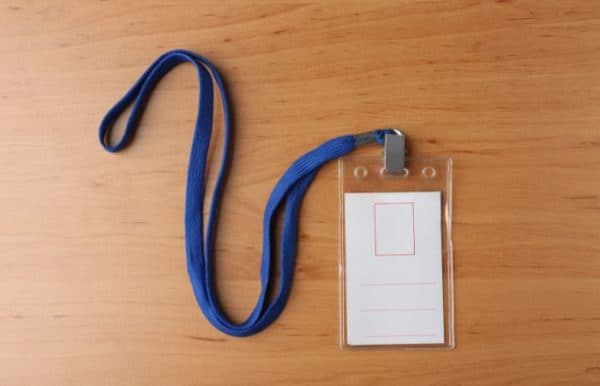
It is vital to store your badge safely, ensuring it is free from damage. Despite taking the utmost precautions, it can be challenging to do so because they remain unprotected.
Badge holders are the way out, as they help you keep them safely and conveniently. These are available in rigid or soft flexible styles, each with distinct benefits.
While a soft cover is flexible and lightweight, choosing a hard plastic badge holder is better because it provides extra protection, enables you to store thick cards, and is versatile and safe.
Hardcovers support a variety of attachments, end fittings, and card sizes. They are available in different materials, including resin and nylon. However, if this is your first time buying them, here are some details, you will find helpful.
Some reasons for buying rigid holders
They protect your badges in the best way imaginable. For example, even if you drop your badge accidentally, the cover takes most of the impact. Holders also prevent the card from staining and chipping while ensuring they look brand new.
They let you store multiple cards in one place, making it highly convenient. Offices prefer them because it saves the cost of issuing employee badges once they become unusable.
One of their main benefits is security since they protect data skimming in smart cards. Skimming is a technique thieves use to steal crucial data from credit cards.
Radio-frequency blocking cardholders (RFID) prevent your ID from unauthorized hacking, block the radio signals of credit cards when stolen, and prevent someone from accessing your data.
What type of attachment options are available?
ID carriers have various attachment options, including key rings, lanyards, slots, chain holes, clips, and carabiners. These attach to the carrier securely without falling off.
For instance, you can hang a lanyard around your neck without worrying about misplacing your badge. Or attach the key-ring to your clothes and ensure your badge remains with you.
Which orientation do you prefer?
Orientation refers to the shape of the carrier, with vertical, horizontal, and multi being the three options. Vertical ones are ideal for long cards, while horizontals work best for wide ones.
You will also find some that combine these characteristics and work well for both types of cards.
Selecting the rigidity level
All hard plastic holders are rigid, but they have two primary levels: rigid and semi-rigid. Semi-rigid ones are more flexible, open-faced, and hold standard-size cards.
Rigid carriers are less flexible but offer optimum protection. Most holders are of this type and come with features like RFID blocking, extractor slides (allowing you to extract the card by sliding), and a locking mechanism.
End-fitting options
End fitting refers to the method you attach your badge to the carrier. You can choose from detachable buckles or swivel hooks.
Many people prefer a detachable breakaway buckle because it prevents the lanyard from breaking under excessive pressure while keeping your ID card safe. It consists of clips that snap under tension instead of snapping completely, and once they separate, you can attach them again.
Which material is the best for holders?
Carriers come in materials like resin, polycarbonate, plastic, and nylon. Polycarbonate is the strongest, offering maximum strength, impact resistance, and stiffness.
A hard plastic badge holder is the best way to protect your card from damage or theft while having quick access to it whenever you want. You can conveniently store thick and thin cards or carry multiple ones simultaneously.
 Gearfuse Technology, Science, Culture & More
Gearfuse Technology, Science, Culture & More


